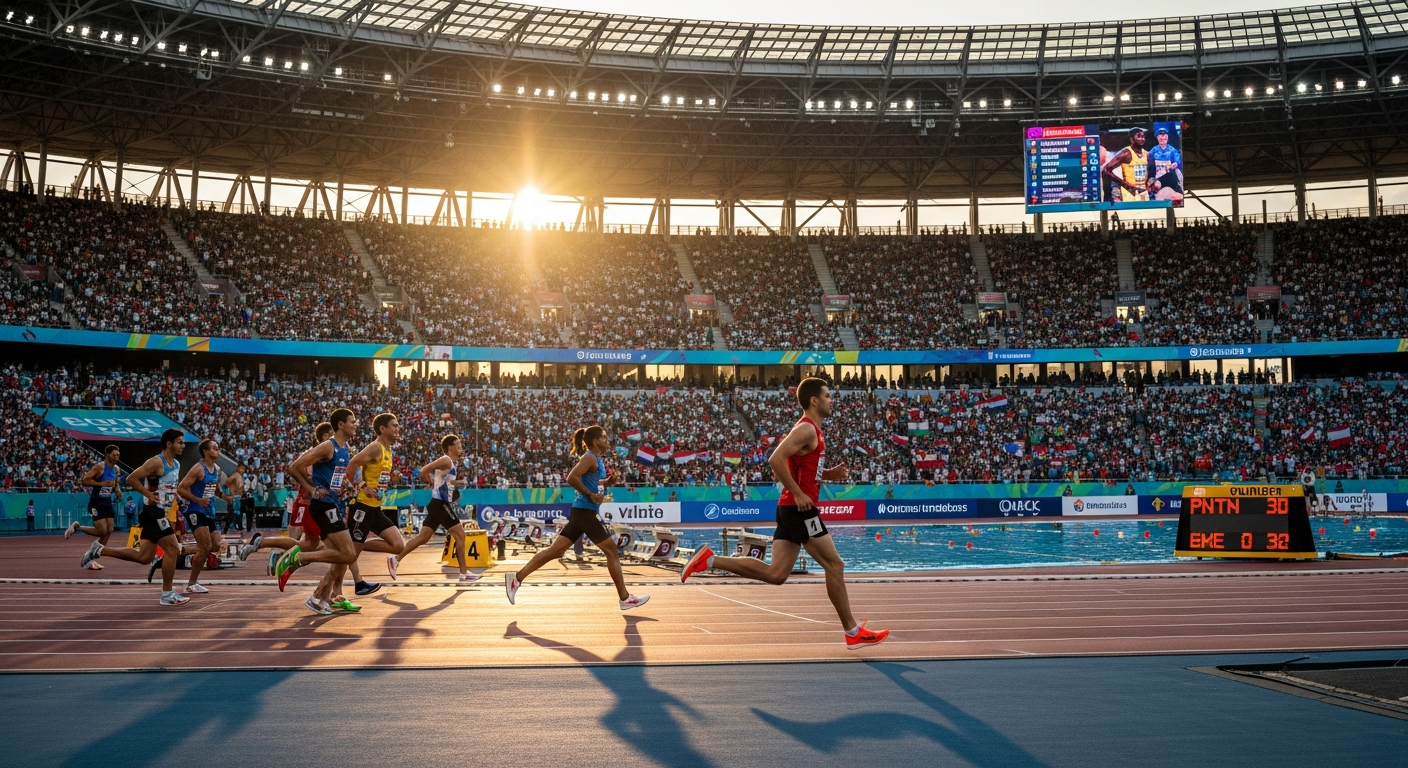Striking a Balance: The Intricate Relationship between Sports and Nutrition
In the world of sports, the spotlight is often on the athletes' training regimes, their equipment, and their performances. However, a lesser-discussed yet equally vital aspect is the role nutrition plays in enhancing athletic performance. This article delves into the intricate relationship between sports and nutrition, offering a fresh perspective on this critical topic.

A Bite into History: The Early Days of Sports Nutrition
The concept of sports nutrition isn’t a new phenomenon. Ancient Greek athletes, for instance, followed specific dietary regimens to enhance their performance. They consumed a high-protein diet, consisting primarily of meat, to build strength and endurance. Over the centuries, the understanding of sports nutrition has evolved considerably. From the 19th century’s high-carbohydrate diets to the modern-day focus on balanced nutrition, the journey of sports nutrition has been intriguing.
Current Trends in Sports Nutrition: Fuelling the Modern Athlete
In today’s world, sports nutrition has developed into a specialized field. It advocates a balanced diet that includes carbohydrates for energy, protein for muscle repair, and fats for essential bodily functions. Furthermore, hydration assumes prime importance to maintain optimum performance levels. Many athletes also opt for dietary supplements to meet their nutritional requirements. However, the use of supplements is often a contentious issue due to concerns about doping.
Sports Nutrition in Action: The Real-World Impact
The benefits of sports nutrition are multifold. A well-balanced diet aids in enhancing athletic performance, quick recovery, and injury prevention. However, implementing a nutritional regimen isn’t without challenges. It requires careful planning to meet individual dietary requirements, considering factors like the nature of the sport, training intensity, and the athlete’s overall health. Moreover, it’s essential to monitor the athlete’s nutritional intake regularly to ensure its effectiveness.
The Science behind Sports Nutrition: Demystifying the Facts
Research underscores the pivotal role of nutrition in sports. Studies reveal that carbohydrates, consumed before and during exercise, can improve endurance. Protein intake post-exercise aids in muscle recovery and growth. Furthermore, staying adequately hydrated can prevent fatigue and improve performance. Thus, the science of sports nutrition is integral to athletic performance, underlining the importance of incorporating it into training programs.
Bringing It All Together: A New Paradigm in Sports
In conclusion, sports nutrition is a dynamic and vital field that closely intertwines with athletic performance. While it’s often overshadowed by other aspects of sports, understanding its significance can give athletes a competitive edge. As we move forward, the focus on sports nutrition is likely to increase, shaping the future of sports in interesting ways. It’s time we acknowledge that the path to sporting success isn’t just about rigorous training and high-end equipment—it’s also about what’s on the plate.






